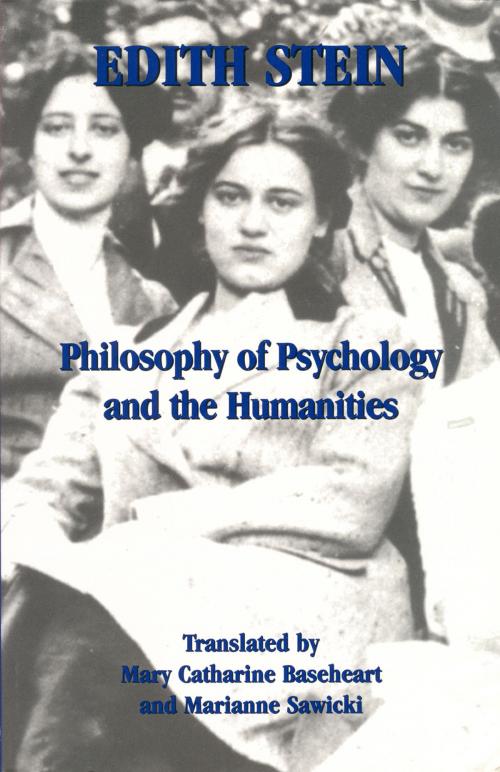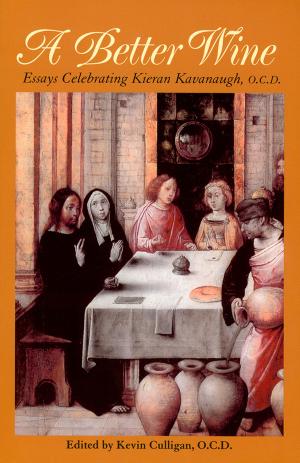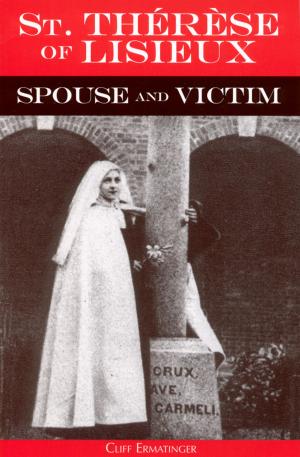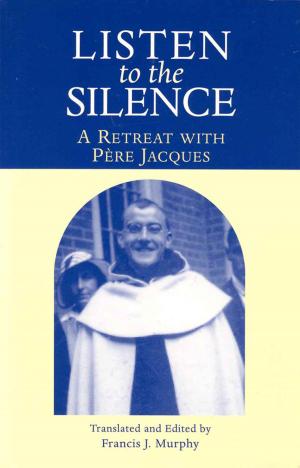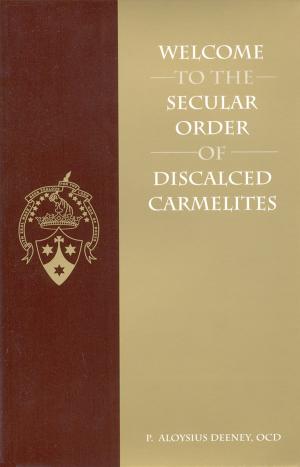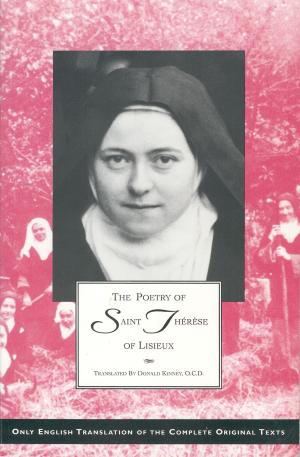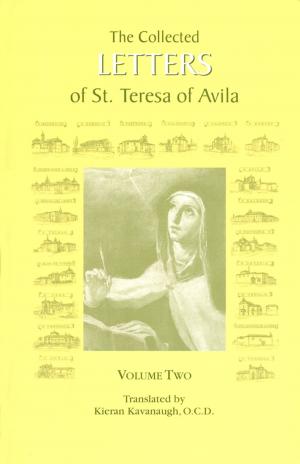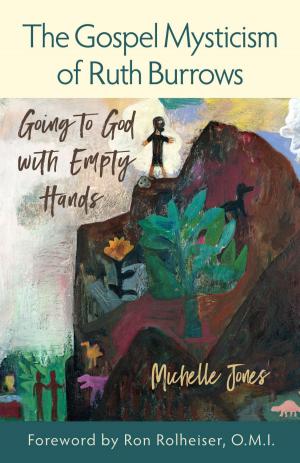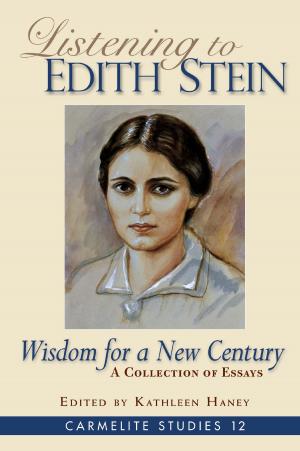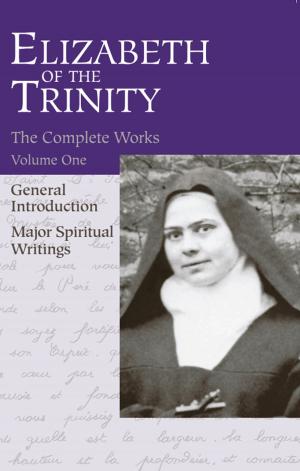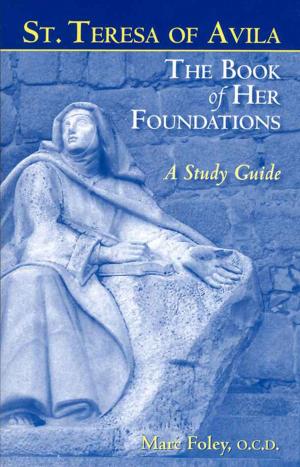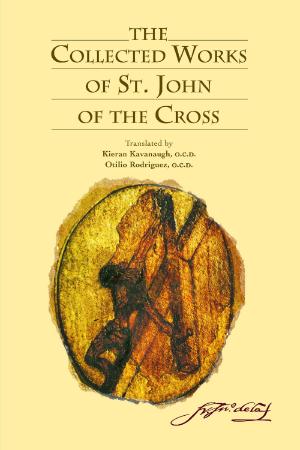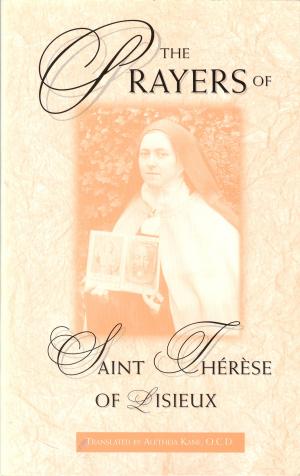Philosophy of Psychology and the Humanities
Nonfiction, Religion & Spirituality, Philosophy, Free Will & Determinism, Humanism, Ethics & Moral Philosophy| Author: | Edith Stein, Mary Catharine Baseheart, Marianne Sawicki | ISBN: | 9781939272348 |
| Publisher: | ICS Publications | Publication: | February 26, 2016 |
| Imprint: | Language: | English |
| Author: | Edith Stein, Mary Catharine Baseheart, Marianne Sawicki |
| ISBN: | 9781939272348 |
| Publisher: | ICS Publications |
| Publication: | February 26, 2016 |
| Imprint: | |
| Language: | English |
Edith Stein's analysis of the interplay between the philosophy of psychology and cultural studies, particularly psychoanalytic theory and behaviorism. Contains a fully linked Index.
More Information: "Do I have to?" is the most human of all questions. Children ask it when told to go to sleep. Adults ponder it when faced with the demands of the workplace, the family, or their own emotions and addictions. We find ourselves always poised between freedom and necessity.
In this volume, her most profound and carefully argued phenomenology of human creativity, Edith Stein explores the interplay of causal constraints and motivated choices. She demonstrates that physical events and physiological processes do not entirely determine behavior; the energy deployed for living and creativity exceeds what comes to us through physical means. The human body is a complex interface between the material world and an equally real world of personal value.
The body opens as well to community. Stein shows that, strictly speaking, there is no such thing as a solitary human being. Communities are reservoirs of the meaning and value that fuel both our everyday choices and our once-in-a-lifetime accomplishments. This basic fact, she argues, is the starting point for any viable political or social theory.
The two treatises in this book comprise her post-doctoral dissertation that Stein wrote to qualify for a teaching job at a German university just after the First World War. They ring with the joy, hope, and confidence of a brilliant young scholar. Today they continue to challenge the major schools of twentieth-century psychology and cultural studies, particularly psychoanalytic theory and behaviorism. Here, too, is the intellectual manifesto of a woman who would go on to become a Christian and a Carmelite nun, only to be killed at Auschwitz like so many others of Jewish ancestry.
Edith Stein's analysis of the interplay between the philosophy of psychology and cultural studies, particularly psychoanalytic theory and behaviorism. Contains a fully linked Index.
More Information: "Do I have to?" is the most human of all questions. Children ask it when told to go to sleep. Adults ponder it when faced with the demands of the workplace, the family, or their own emotions and addictions. We find ourselves always poised between freedom and necessity.
In this volume, her most profound and carefully argued phenomenology of human creativity, Edith Stein explores the interplay of causal constraints and motivated choices. She demonstrates that physical events and physiological processes do not entirely determine behavior; the energy deployed for living and creativity exceeds what comes to us through physical means. The human body is a complex interface between the material world and an equally real world of personal value.
The body opens as well to community. Stein shows that, strictly speaking, there is no such thing as a solitary human being. Communities are reservoirs of the meaning and value that fuel both our everyday choices and our once-in-a-lifetime accomplishments. This basic fact, she argues, is the starting point for any viable political or social theory.
The two treatises in this book comprise her post-doctoral dissertation that Stein wrote to qualify for a teaching job at a German university just after the First World War. They ring with the joy, hope, and confidence of a brilliant young scholar. Today they continue to challenge the major schools of twentieth-century psychology and cultural studies, particularly psychoanalytic theory and behaviorism. Here, too, is the intellectual manifesto of a woman who would go on to become a Christian and a Carmelite nun, only to be killed at Auschwitz like so many others of Jewish ancestry.
